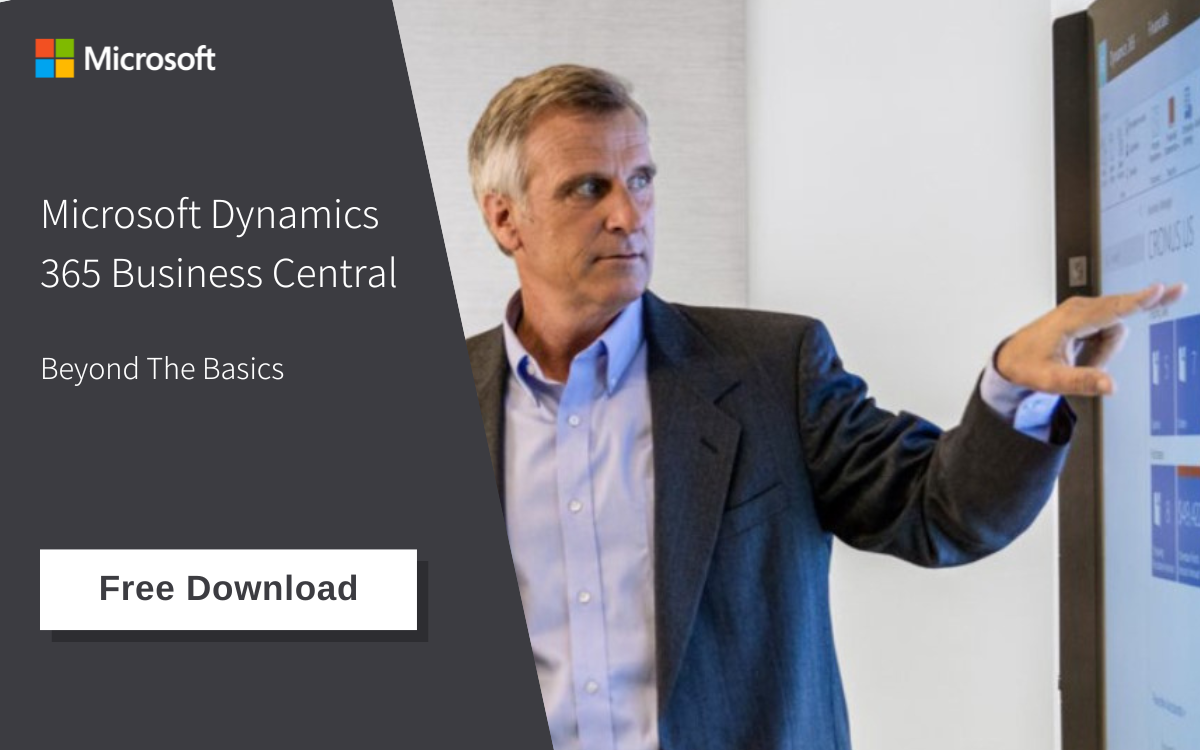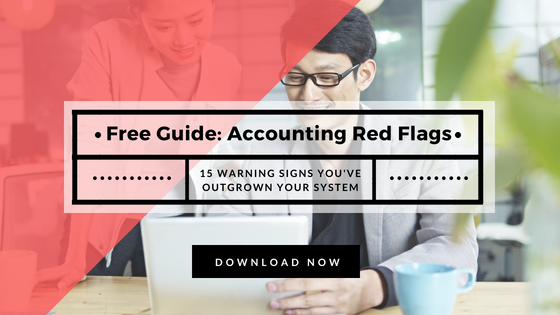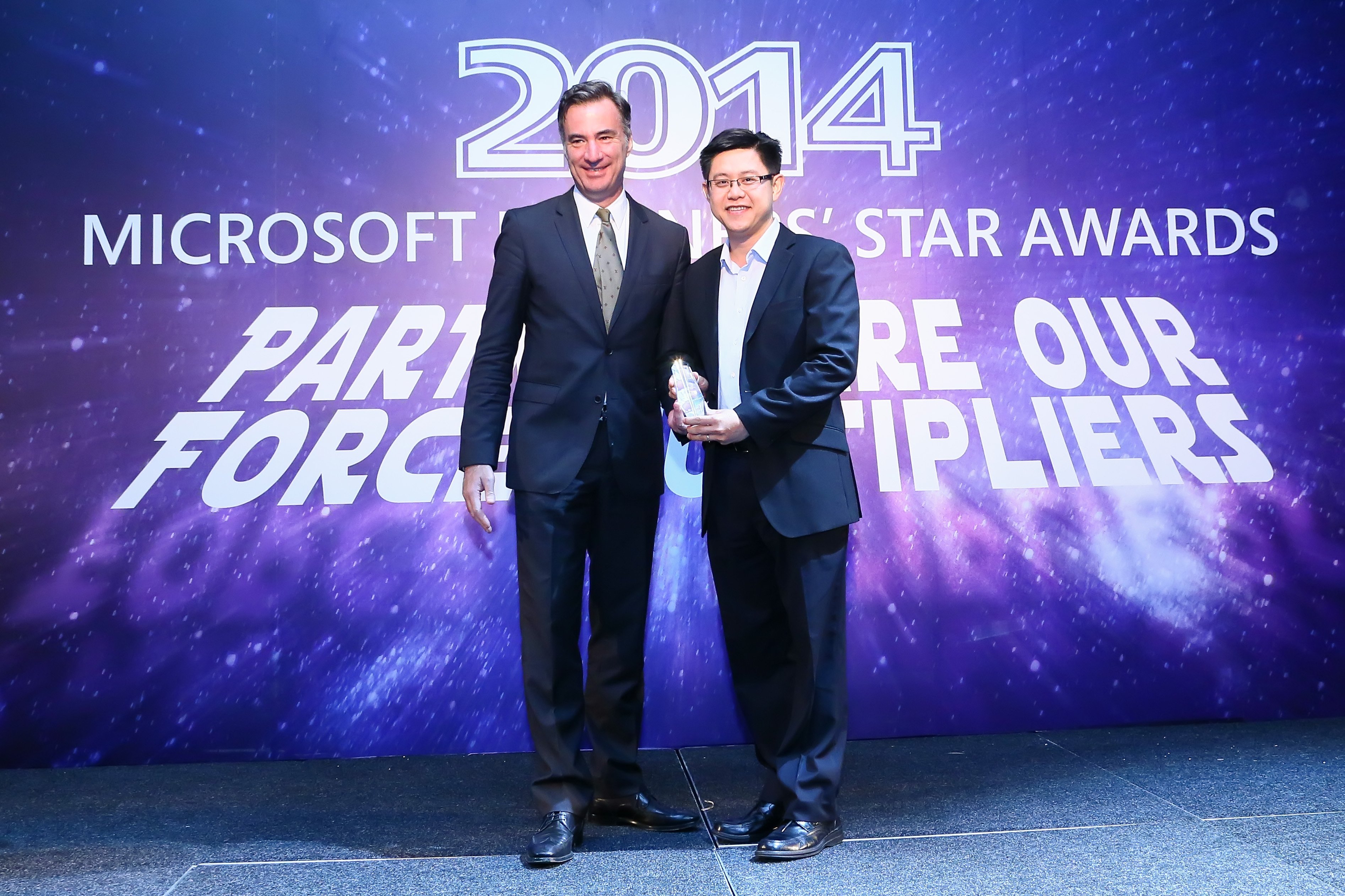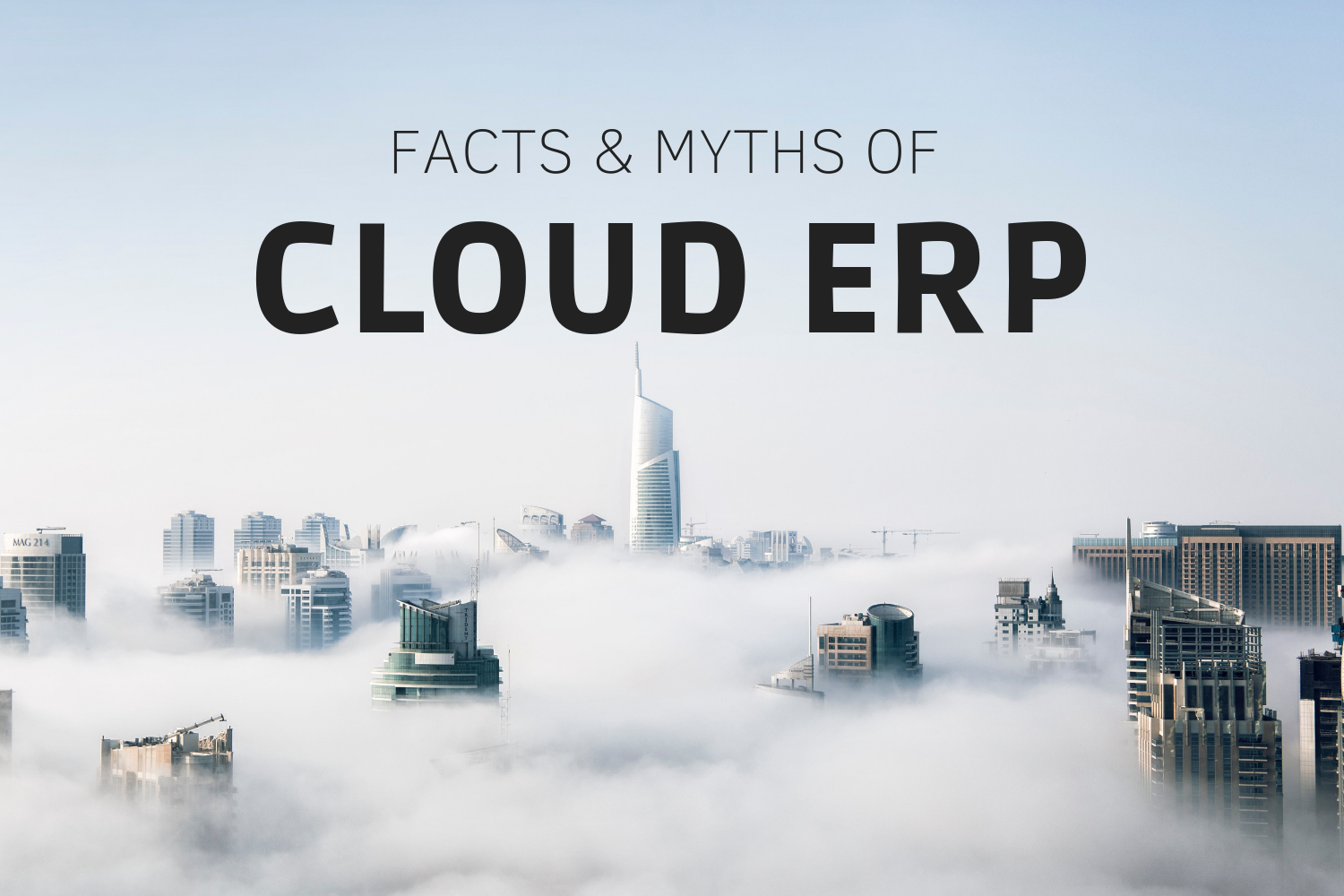Recently, the Panorama Consulting Group released their 2023 Top 10 ERP Systems Report. As the world’s leading independent consultants for ERP software, Panorama
As the world’s leading independent, niche consulting firm that specialises in digital transformation and ERP software implementation for mid- to large-sized private and public sector organisations worldwide, Panorama Consulting has long been regarded as an authority in the ERP software space.
This year’s report is the latest in a long line of ERP Reports published by the consulting firm going all the way back to 2008, and the vendors featured in it are chosen by Panorama’s ERP experts based on which vendors they have most frequently asked for RFPs and demos.
We at AFON are the award-winning partner for four of the vendors featured in this year’s report – SAP, Oracle, Microsoft and Sage. This is no surprise to us, as these four ERP software brands with have a long history of providing effective ERP software solutions to businesses all over the world.
And as the partner for all four brands, we’re well-aware of how important it is for fast-growing, small- and medium-sized enterprises (SMEs) to have a reliable and robust system optimising their financial and operational processes.
Why The Brand Behind The ERP Software Matters
Implementing an ERP software in your business is a massive undertaking, and involves much more than just technical setup and migrating your business data to the new system.
It also involves changing how your employees and management do their day-to-day-work. And change comes with risks.
Because of this, you also need risk management strategies to directly control the risk factors if possible, and to mitigate to the best of your ability if not.
For example, one of the risk factors you can account for is getting buy-in from stakeholders at all levels of your business for the ERP software implementation.
What Are The 3 Types Of Buy-in You Need To Get For A Successful ERP Implementation? Find Out Here.
Another risk factor you can do something about is choosing the right ERP software deployment partner for your business. You have to be alert for ERP software consultants that offer bargains that are too good to be true, and make misleading claims amongst other shady tactics.
One of the most important risk factors you could control for, however, is the choice of vendor from which you acquire your new ERP software.
And getting a solution from one of the major, globally-recognised ERP software brands is the sure way to minimise implementation risks during the deployment process, for the following reasons:
1. Major Brands Invest Significantly In R&D
With an ERP software from a major brand, you can be assured that significant resources have been invested by the vendor into research and development, and endlessly iterating upon their software product with regular product updates.
Oracle, for example, spent US$7.2 billion on R&D in 2022 so far – up from US$6.5 billion in 2021. Some of this money has gone into innovations for NetSuite, which are regularly introduced to the cloud ERP software via twice-yearly updates.
Here's What You Should Expect From The Latest Product Update For Oracle NetSuite.
This means that with an ERP software from a top brand name like Oracle, you can be assured that your product boasts all the latest features and functionalities, and better able to serve your business needs than before.
2. Major Brands Have Long-term Roadmaps For Their Products
Another reason you’ll want an ERP software from a major brand is that these vendors are more likely to have a long-term plan for continuously improving their software product over the long term.
Some of them even make their long-term plans known to the public through roadmaps, which gives an insight on the direction the vendor is planning to take for their ERP software.
An example of this is the product roadmap that SAP has released for Business One Version 10, which details some of the upcoming innovations they’re planning to include in future product updates.
3. Major Brands Boast Proven Global Track Records
The major ERP software vendors achieved their position in the market, because their software products are proven to work. And because of that fact, their products enjoy high numbers of deployment all over the world.
For example. SAP Business One has more than 65,000 customers in over 160 countries. Oracle NetSuite boasts over 32,000 customers in 217 countries, while Microsoft Dynamics 365 Business Central has reached 15,000 cloud customers since 2021, with that figure rising rapidly.
Numbers don’t lie; these figures are proof that ERP software from the major brands are designed to cater for the needs of most businesses all over the world.
This makes them the solution of choice for fast-growing businesses like yours, which need assurance that they have a product that can scale with their growing operations.
With these three points in mind, it’s clear that an ERP software from a major brand is, more often than not, the rest choice for deployment in your SME.
But what if you’re concerned about the impact this will have on your budget? If your business is based in Singapore, you may qualify for local government grants that are funded by Enterprise Singapore (ESG).
It’s worth taking advantage of the opportunity these grants offer, and apply for them to get the funding you need to invest in an ERP software from one of these major brands to optimise your business processes.
Now, let’s look at some of the ERP software brands that Panorama Consulting considers the top 10 in 2023.
The Top ERP Vendors And Systems, According To Panorama
1. DELMIAWorks
A comprehensive manufacturing ERP and MES system which is specifically designed for mid-market manufacturers, both discrete and batch process.
2. Epicor
Provides cloud and on-premise solutions for a variety of industries. These include:
- Epicor Prophet 21 for Distribution
- Epicor Eagle for Retail
- Epicor Kinetic for Manufacturing
- Epicor BizTrack for Lumber and Building Material
3. IFS
IFS has industry expertise in aerospace and defense, construction and engineering, energy, utilities and resources, manufacturing, and service. Their core enterprise solution is designed for large enterprises as well as mid-sized organisations.
4. Infor
Provides industry-specific cloud ERP solutions that are designed for both the enterprise level and SMEs. Its Industry CloudSuites solution is delivered as a service in a multi-tenant cloud, securely hosted through Amazon Web Services (AWS)
5. Oracle
Provides a set of core applications and industry-specific applications. It offers a comprehensive set of cloud options, including public cloud, cloud at customer, and on-premises.
6. Sage
Is known for its integrated accounting, payroll, and payment systems. Provides software for startup, scale-up, and enterprise companies across all industries.
7. SAP
Provides business solutions to enterprises of all sizes, in all industries. Continues to invest in innovations like IoT, AI, RPA, and cloud delivery.
8. Syspro
A global ERP software provider specialising in key manufacturing and distribution industries across a variety of sectors.
The Best Cloud ERP For Singapore Businesses: Oracle NetSuite And Microsoft Dynamics 365 Business Central
Among the Top 10 vendors and ERP software chosen by Panorama, AFON is a partner and reseller of two of the most prominent names on the list; Oracle NetSuite, and Microsoft Dynamics 365 Business Central.
Oracle NetSuite
Overview of Oracle NetSuite ERP ;Source: Oracle NetSuite
One of the solutions under the Oracle umbrella, NetSuite is an integrated cloud business management solution that offers an integrated suite of applications for managing accounting, order processing, inventory management, production, supply chain, and warehouse operations.
It enables access to real-time financial, operational, and transactional data from across the organization, and provides pre-built role-based dashboards, reports, and key performance indicators (KPIs).
With NetSuite OneWorld, the cloud ERP can manage multiple subsidiaries, business units, and legal entities with one ERP solution, providing visibility at local, regional, and headquarter levels.
And because of its cloud architecture, NetSuite allows a phased implementation approach where companies gradually increase their use of the suite based on their individual business needs.
Microsoft Dynamics 365 Business Central
Introducing Microsoft Dynamics 365 Business Central; Source: Microsoft
As for Microsoft Dynamics 365 Business Central, it belongs under Microsoft’s Dynamics 365 suite of business solutions.
Business Central provides access from the web, mobile devices, and desktops, while also offering tablet application. Additionally, it offers out-of-the-box integrations with other Microsoft products, such as Outlook, Excel, Word, etc.
Microsoft AppSource also provides Business Central with an ecosystem for ISV/add-on products, and the cloud ERP software also offers customization tools such as APIs and VS Code.
With what both solutions bring to the table respectively, you can’t go wrong with the choice of either NetSuite or Business Central as the cloud ERP software to be implemented in your business.
But if you’re wondering which of these two cloud ERP software might be more suitable for your business needs, click on the image below to download our software comparison guide, and see for yourself which is the right ERP software for you.






